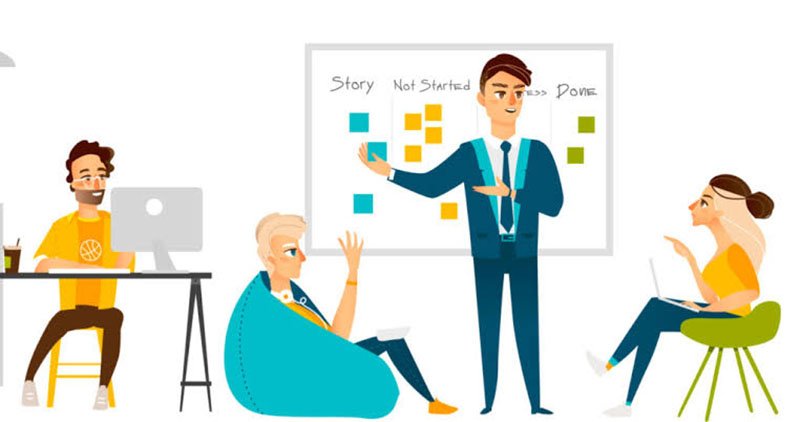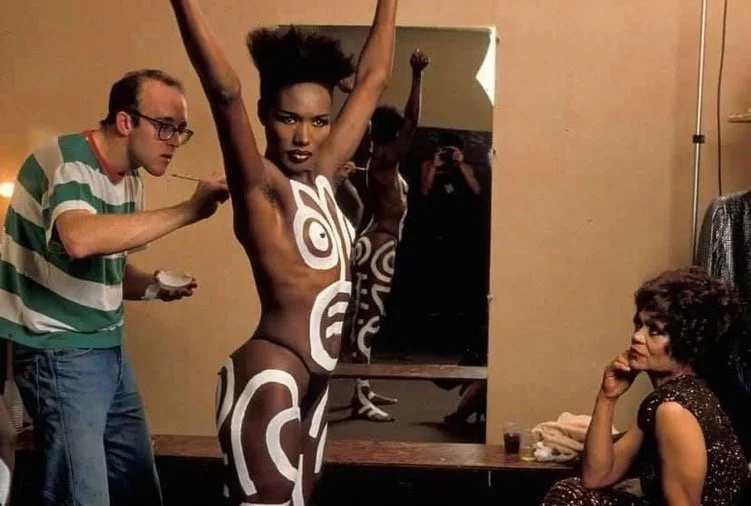There are certain things that are commonplace in every industry:
1) You rely on customers and clients for your success, and
2) You will have competitors.
Creating perceived value is subjective and depends on individual perceptions. Even if a product or service offers great features or benefits, its value is only meaningful if it is perceived as valuable by the target audience.
I think that understanding consumer psychology and using data to uncover insights about preferences and motivations will help businesses create perceived value in the minds of their customers. Effective marketing, branding, and communication strategies can influence perception and enhance the perceived value of your product or service. Contact me via e-mail for a confidential meeting about your organisations value proposition.
““The essence of power is the ability to define someone else’s reality and make them live according to that definition as though it were a definition of their own choosing.””













